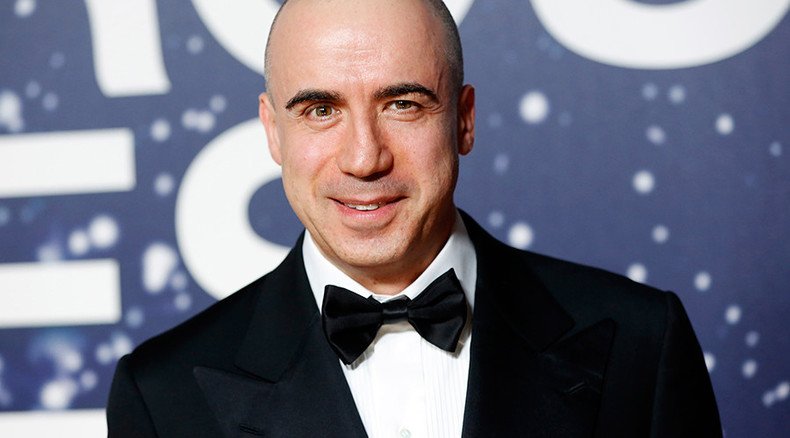The search for extraterrestrial intelligence is set to be “a truly global initiative” as it will be independent from governments and open to public, Russian internet billionaire Yuri Milner, investing in the international project backed by Stephen Hawking, told RT.
“I think it’s an important project for the whole humanity. We now have the technology, we have the capability, we have the software and hardware to really try to get to the answer to this pretty fundamental question: are we alone in the universe? And I think in the next ten years we would be able to make a significant progress which is order of magnitude more significant than in the last 55 years,” Milner told RT on Thursday.
The Breakthrough Listen project, worth some $100 million, will combine the efforts of the forward-thinking scientists and capacity of the world’s most powerful telescopes, and the personal interest of the Moscow-born startup investor lies in the field of pure science.
“My background is physics. I have been always been interested in these big questions. I have met Stephen Hawking for the first time in 1987 at a scientific conference, and in the last 10 – 15 years a few things came together to allow this project to happen,” Milner said. “One was the discovery of many billions of Earth-like planets in our galaxy, second was the possibility to arrange for the use of the largest telescopes and, finally, the development of hardware and software which made it possible to process the signals 100 to 1,000 times faster than before.”
The 53-year-old investor also commented on the role Stephen Hawking had played in the initiative, “providing an inspiration” but also promising to act as a “trusted advisor” on “all major developments.”
A question of crucial importance in the search for alien life has been whether to act as a mere recipient or also a sender of any messages, providing evidence of existence of extraterrestrial intelligence. According to Milner, the academic community regards it as a controversial subject, with lots of scientists, including Stephen Hawking, asking to “exercise caution in trying to contact alien civilizations.”
“Listening is just much safer bet, on the other hand, we do have these amazing machines, the radio telescopes, and if we are just listening, we are getting information and knowledge, communicating and sending something back is something that, I think, needs to be disputed by not only scientists, but also the society at large. And I think, sending signals without knowing where the signal is going might not be the best idea,” Milner said.
READ MORE: We are not alone? NASA’s Kepler telescope finds first planet similar to Earth
The research, in fact, can provide us with only two basic options, both being “pretty staggering”: there either are any alien life forms, waiting to be heard, or not. However, even a lack of an answer will be no excuse for ending the experiment. And while our loneliness in the universe “puts a responsibility on us,” meaning that there is no “back-ups,” humanity would have to realize that “we need to cherish the only planet we have at this point.”
“I think, if we are alone, the call for, for example, colony on Moon, on Mars would, I hope, receive an additional boost. If we are not alone, I think, it would also be a pretty important discovery. It will raise the whole host of other questions, like, for example, do we send the signal back? How should we think about communicating? And so on.”
READ MORE: Aliens ahoy! Massive mothership ‘the size of Idaho’ caught in NASA images, say ufologists
Milner concluded with the words that could inspire any amateur UFO hunters.
“First of all, there are no governments involved in this project. It is a truly global, international initiative. The telescopes are located around the world. But we will do more than not hiding the information and the results. We will open the raw data, so that other scientists around the world, as well as amateurs and anyone, who would like to be involved in this, can do the search themselves. So that they will be lucky to find something in the signals and in the data that we will provide to the public.”

